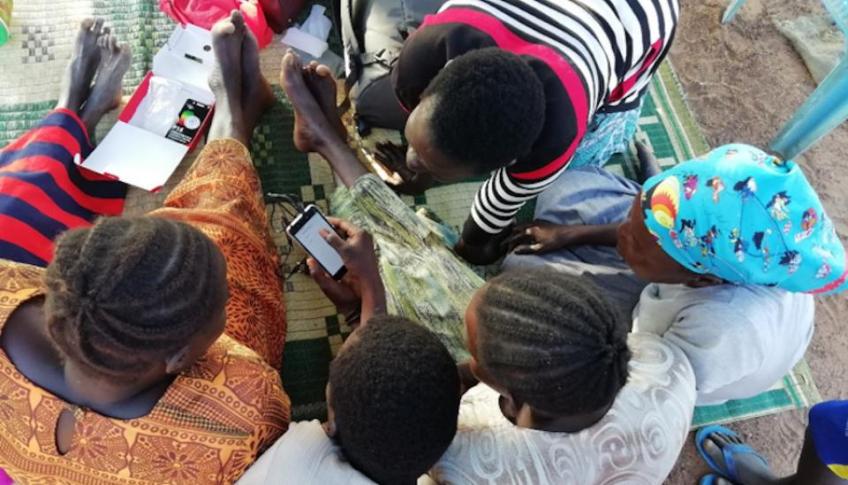
A number of times, especially in rural areas, children’s access to education and exposure to information and communications technologies (ICTs), especially for the girl-child, are dependent on the perceptions and beliefs of the parents, particularly the mothers, who have a lot of influence on them.
During one of our learning visits with a few international guests in a community in Northern Uganda in late 2019, I casually asked a group of women who we had visited: “If given an opportunity to learn something, what would you choose?” In response, two of them gestured and said in unison, “That thing you are all holding,” pointing to my smartphone. “We would like to know about it, how to turn it on and use it.”
Even without a clear plan of how it would be possible, given the limited resources, I promised to go back and teach them how to use smartphones, because it was an opportunity for us to ensure the mothers understand the benefits that come with the internet and ICTs as a whole, and possibly encourage them to allow their daughters to benefit from it.
Continue reading at GenderIT.org.